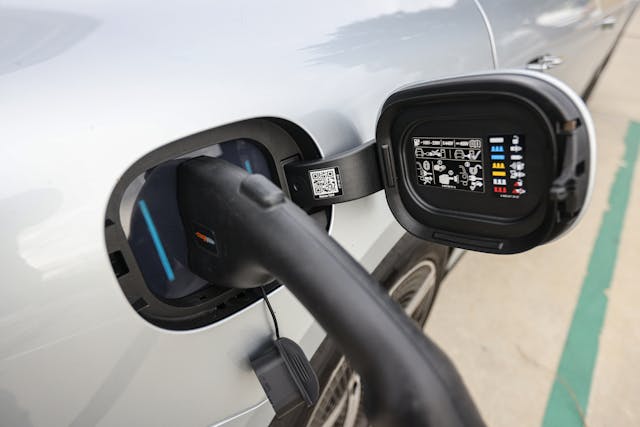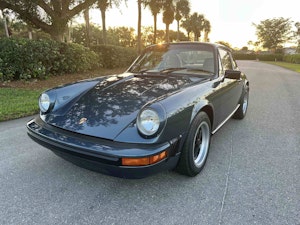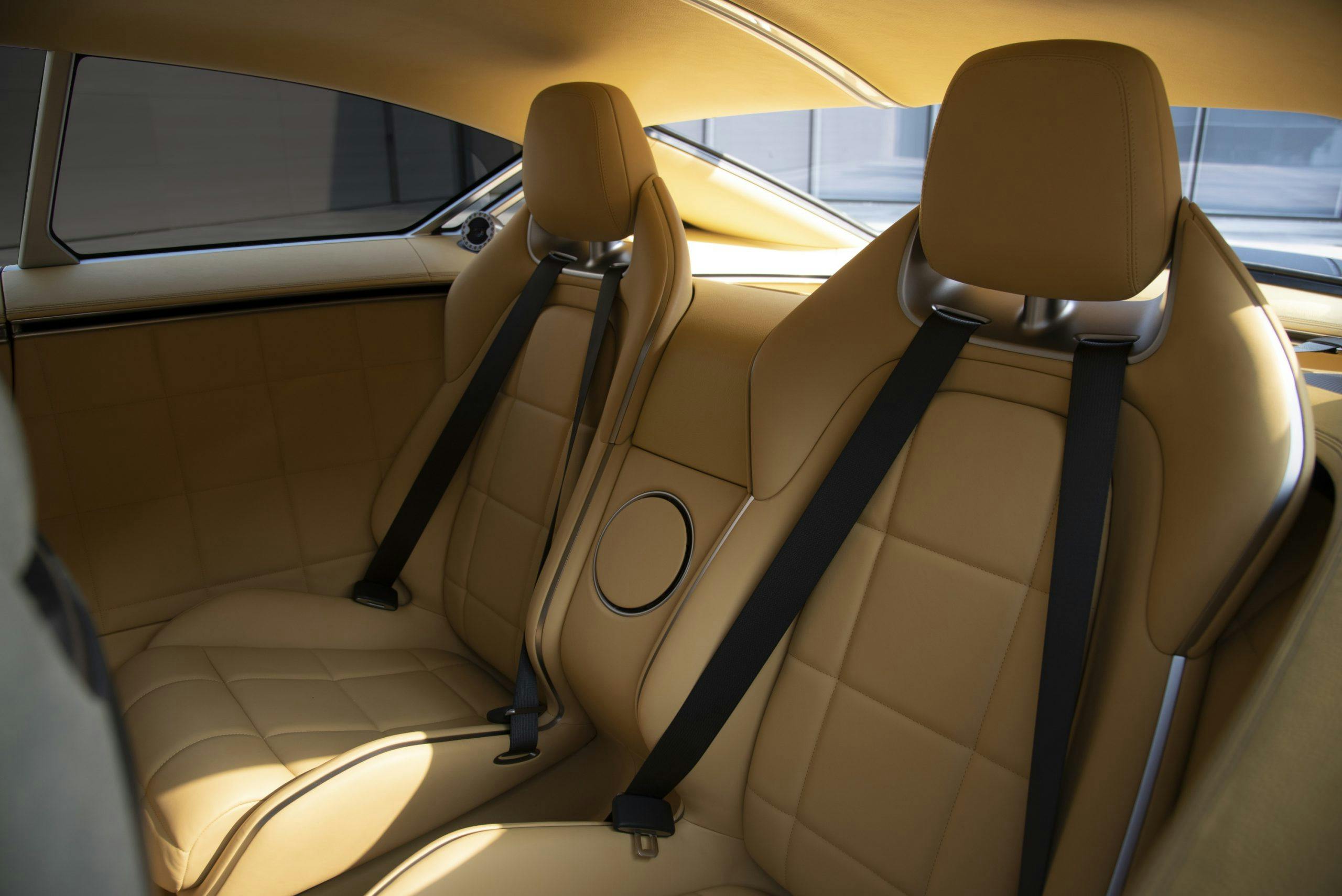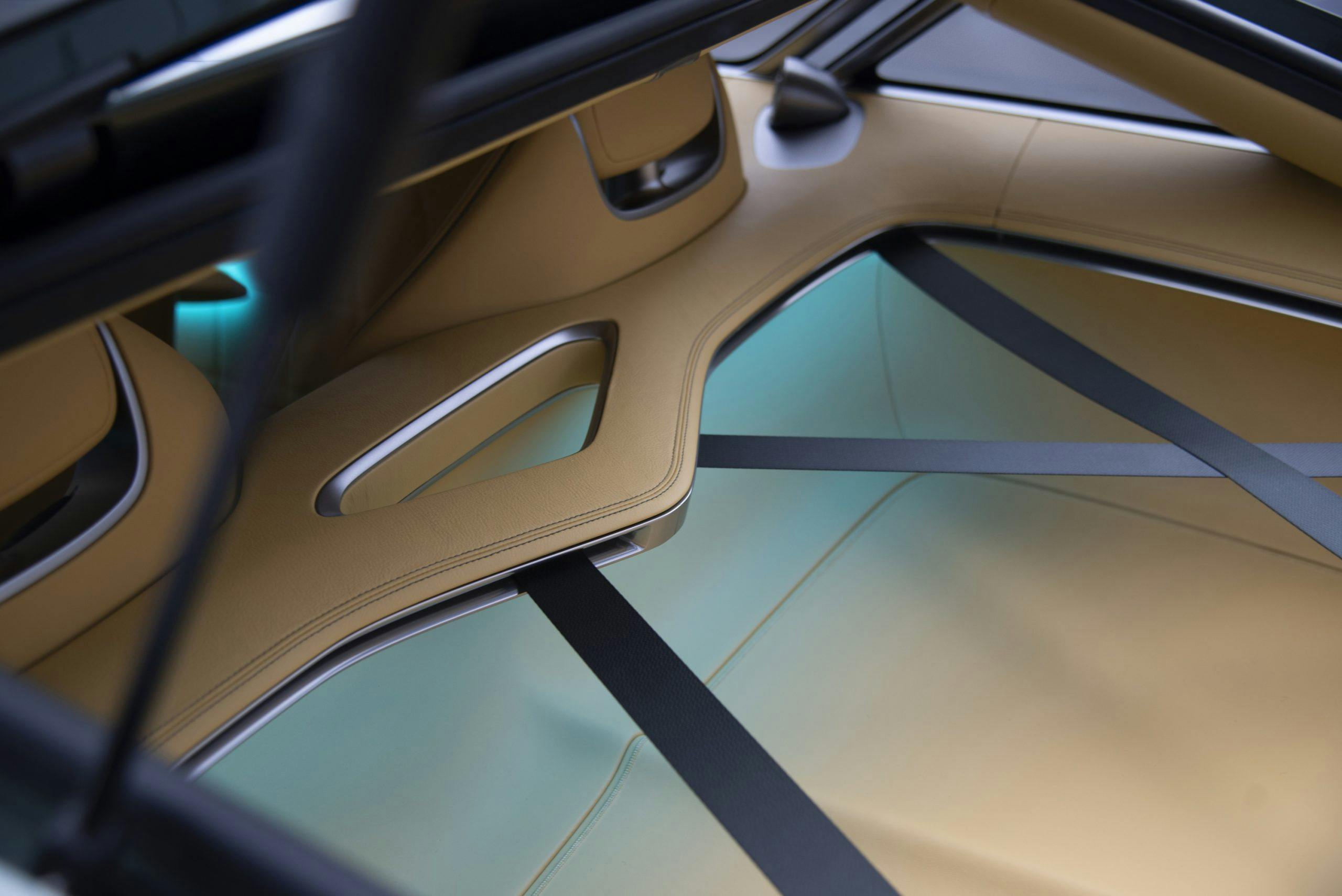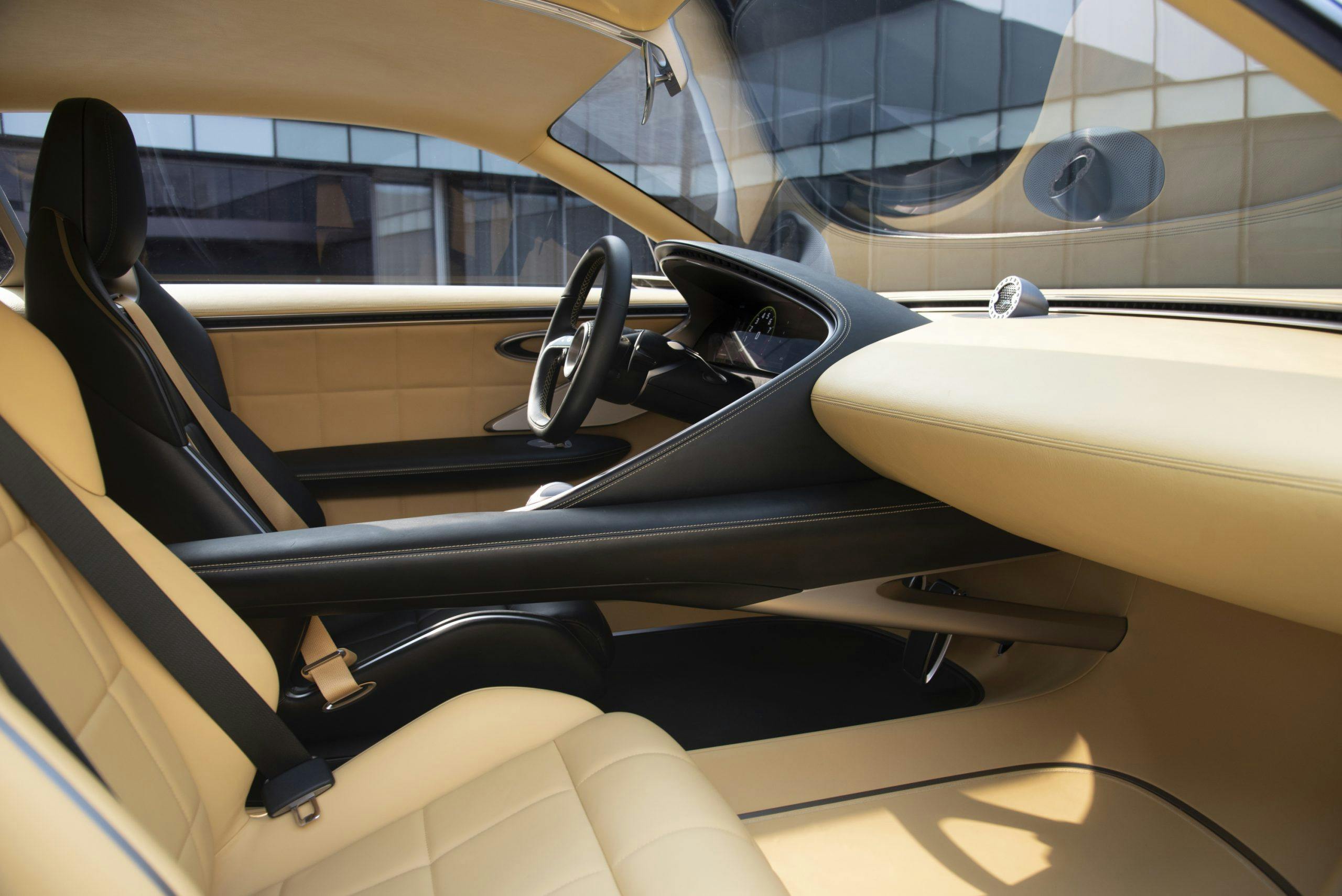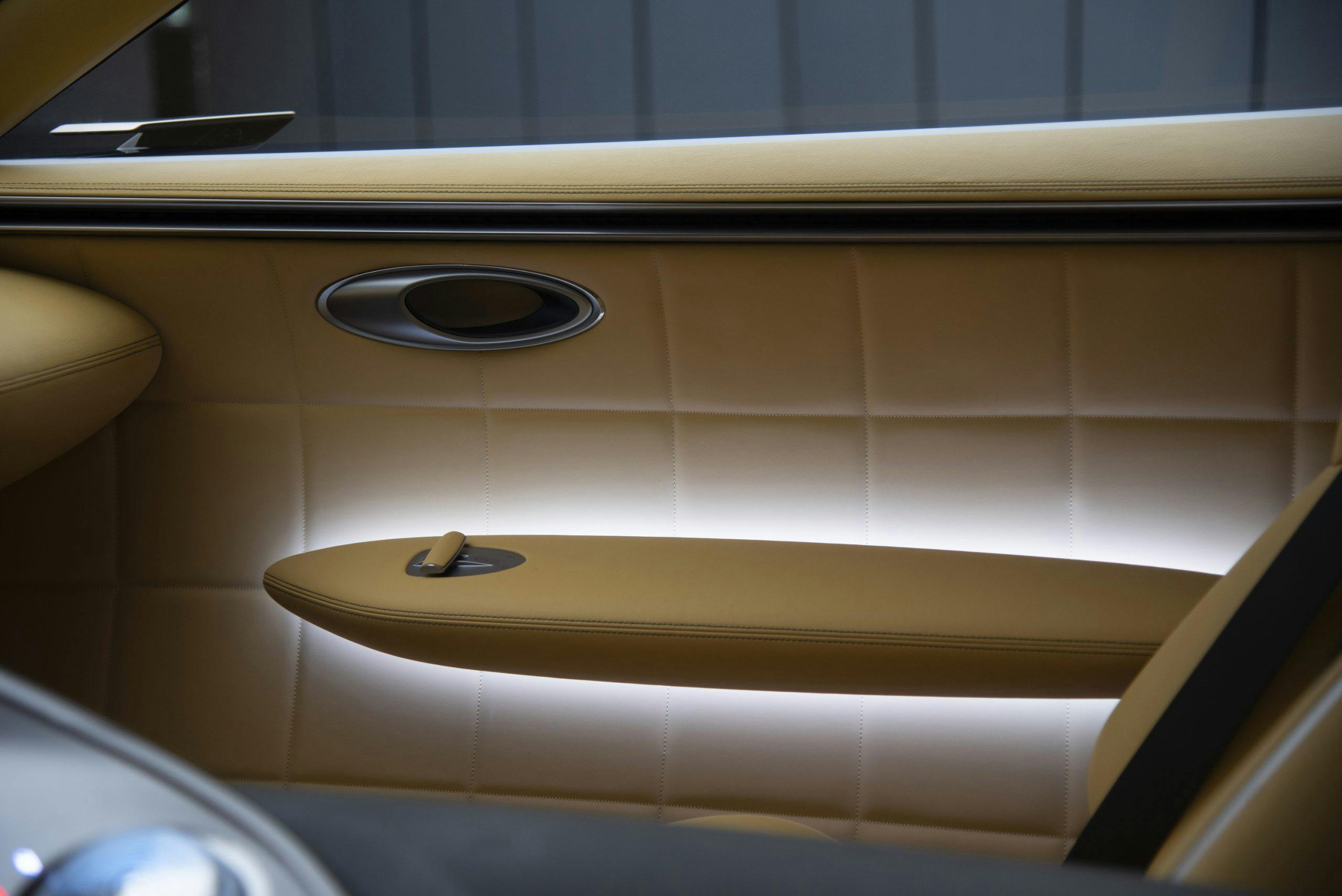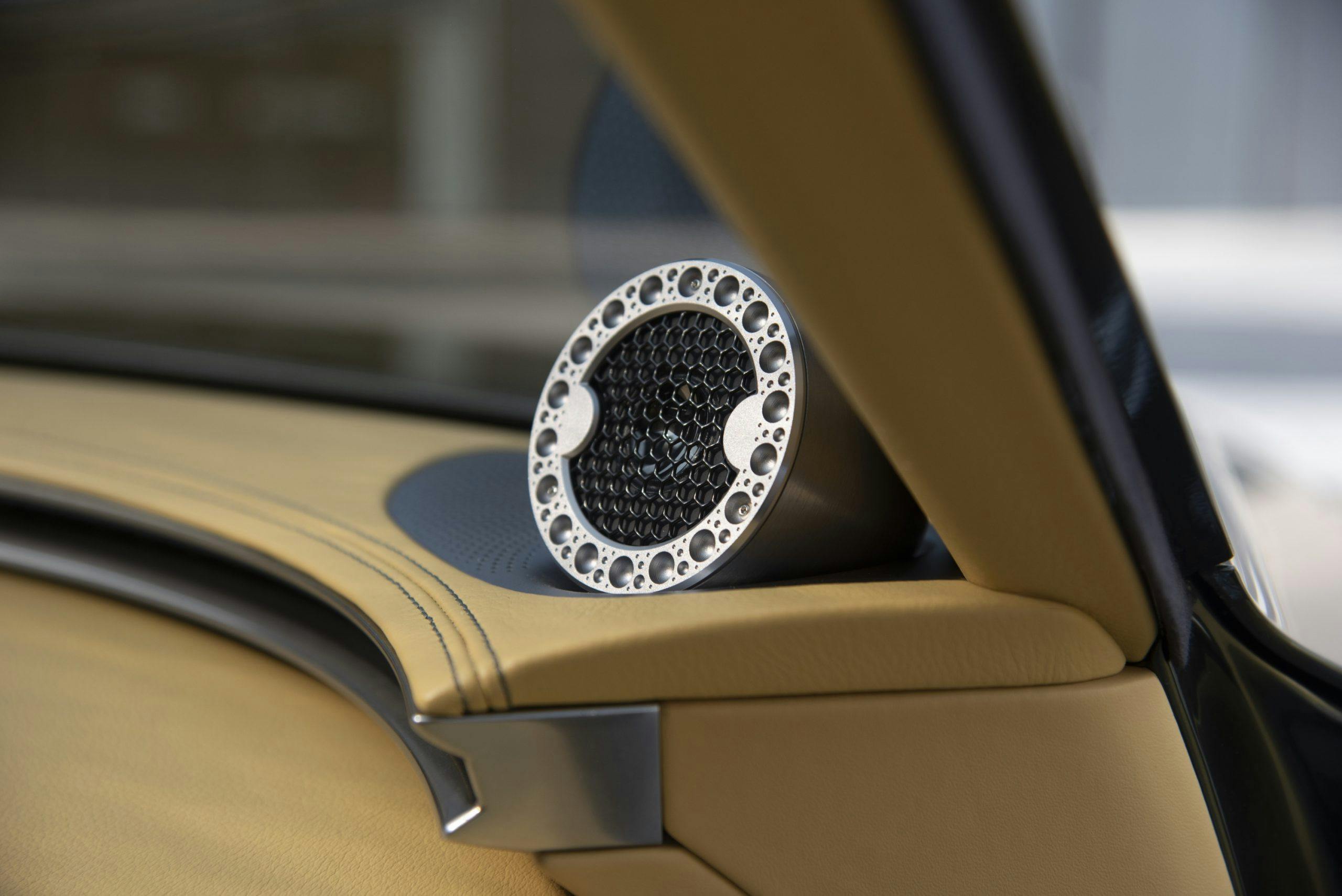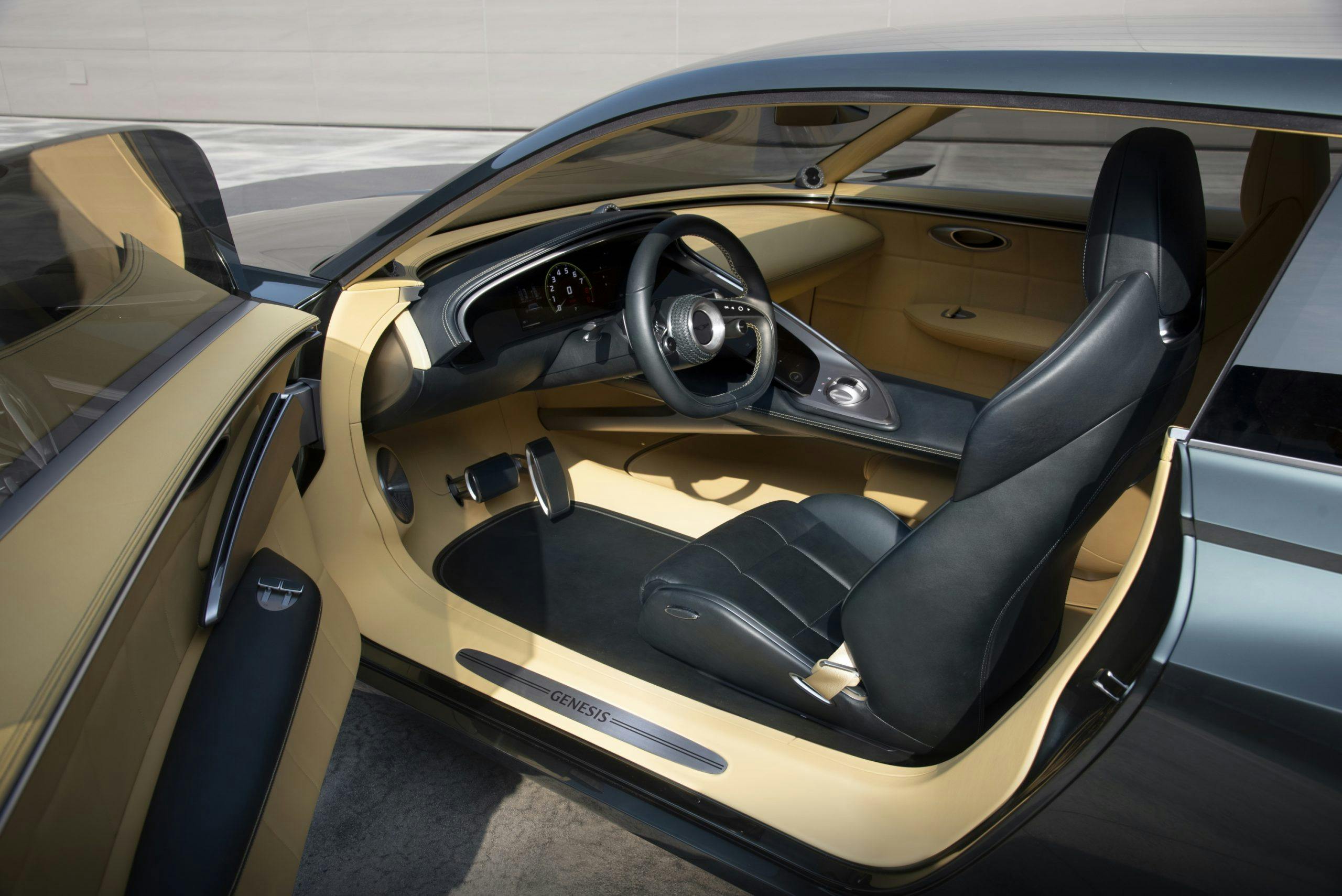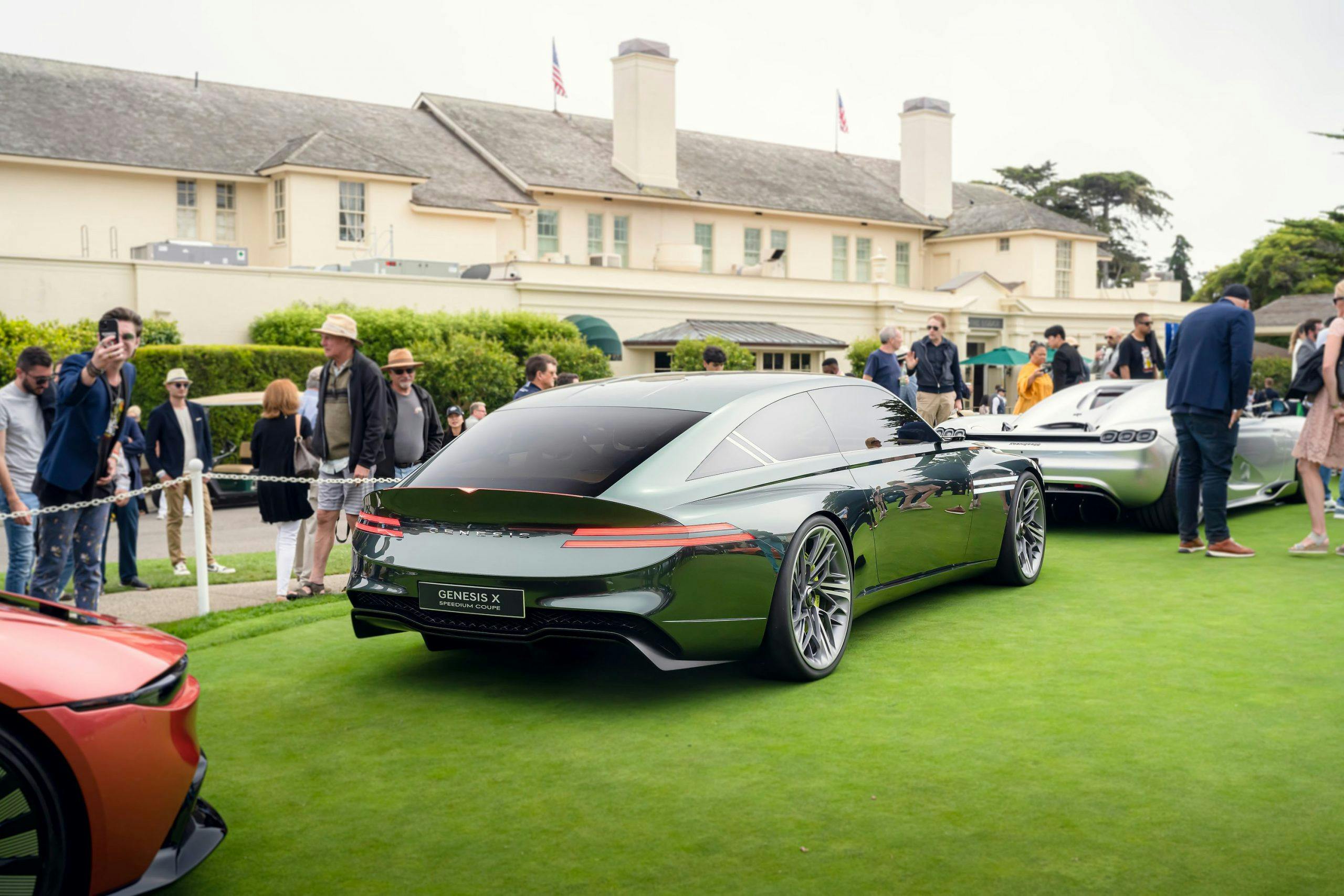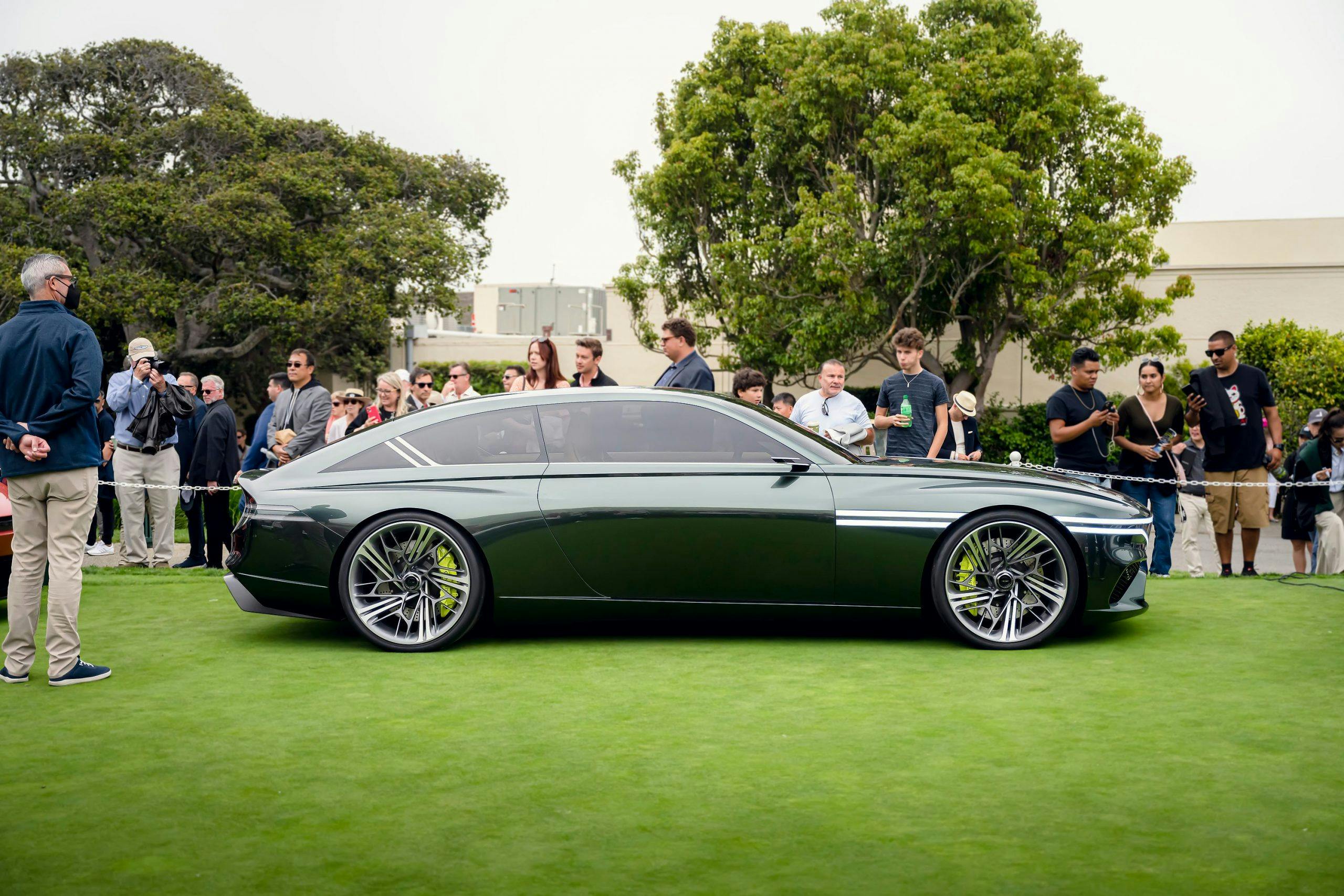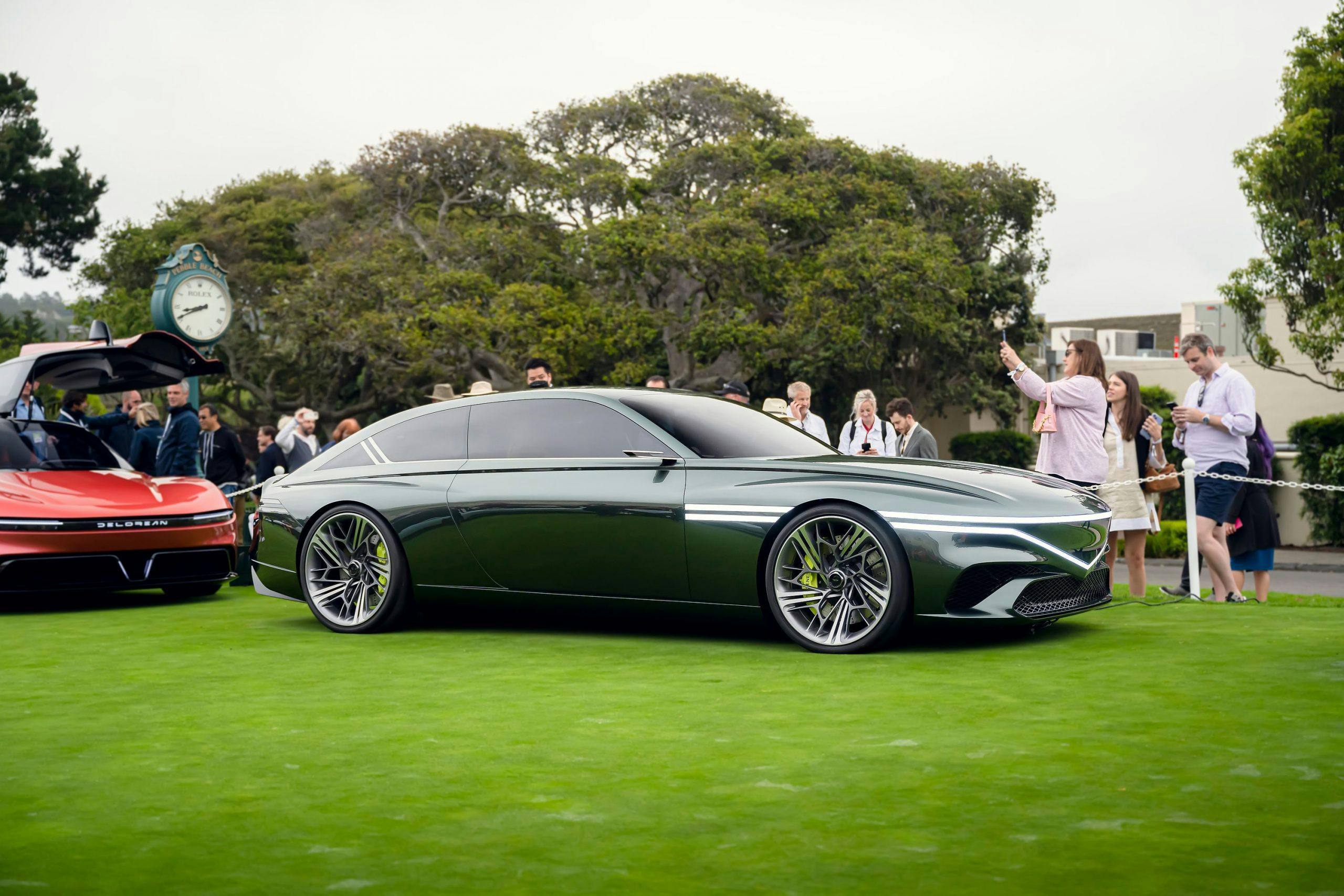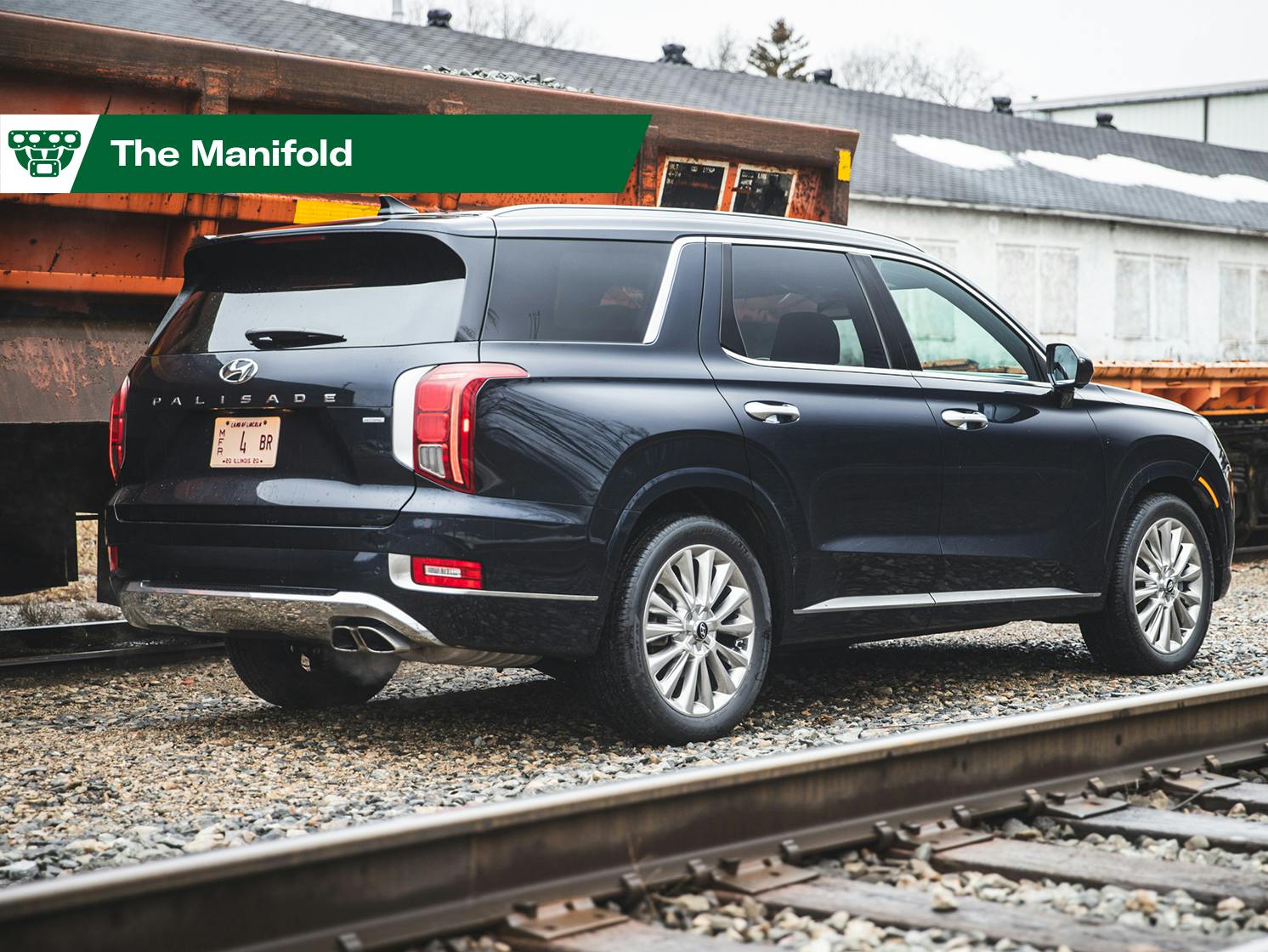Media | Articles
Tow-hitch Telluride, Palisade at risk for fire, no more F1 in Russia, Australia banking against ICE
2020–22 Palisade/Telluride could get flamey, so park outside
Intake: Hyundai and Kia are recalling more than 280,000 examples of the Palisade and Telluride large crossover SUVs due to a fire risk stemming from the tow-hitch harness. The National Highway Traffic and Safety Administration (NHTSA) administered a “stop sale” order for 2020–22 model year examples of both crossovers yesterday, and both automakers have advised customers to park their vehicles outside and away from structures until repairs are complete. For both vehicles, debris and moisture may accumulate in the tow hitch harness module circuit board which could cause an electrical short resulting in a fire, according to safety recall reports filed with NHTSA this month. While the automakers scurry to develop a remedy for the issue, the interim fix will be to bring your Palisade or Telluride to a dealer, who will inspect the hitch assembly and remove the fuse as necessary. Dealers and owners will be notified starting on October 17, according to a report from Automotive News.
Exhaust: The Palisade and Telluride have been instrumental in shifting the two Korean brands’ perceptions from budget rental fodder to genuine, competitive marques. While recalls are a part of life for nearly every automaker, the fire risk here is nothing to take lightly. Documented cases of actual fire are low—six fires in Canada for the Hyundai and six fires for Kia, five of which involved “localized melting only”—but still, even one case warrants a thorough examination by the automaker and safety agencies. Let’s hope a fix can be developed quickly, and that the issue won’t dampen the sales momentum for either model. — Nathan Petroelje
AI set to supercharge EV pit stops
Intake: A new algorithm could massively accelerate electric vehicle charging, allowing batteries to be boosted from empty to 90 percent in just ten minutes. A team at the Idaho National Laboratory used artificial intelligence to calculate how varying current and voltage affects battery life and then, using simulation and real-life experimentation, devised a new protocol for seriously rapid charging, reports New Scientist. Typically fast chargers will begin charging at low power, then raise it for a time before reducing it again to preserve EV batteries. The new method optimizes the time with the most power while avoiding damage to the batteries and leads to significantly faster charging.
Exhaust: The current (pardon the pun) charging champs are cars that use an 800 volt architecture such as the Porsche Taycan, Hyundai Ioniq 5, and Kia EV6 which can charge at up 270 kW and go from ten to 80 percent charge in under 20 minutes. The new algorithm, which could be deployed to existing chargers, would be able to cut that time in half, and if such rapid charging were to be rolled out across an expanded network, range anxiety would be a thing of the past. That “if” is a biggie, though. —Nik Berg
Formula 1 won’t return to Russia
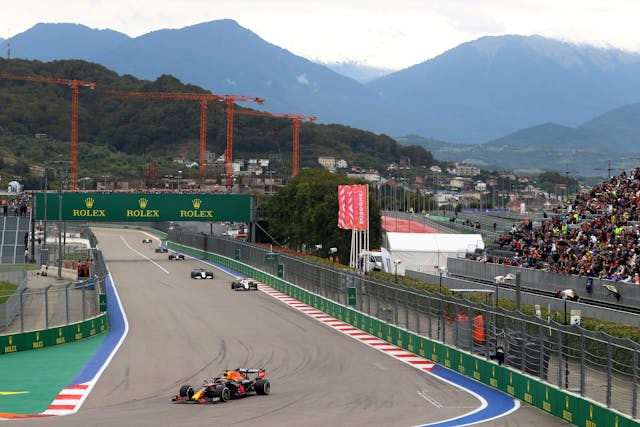
Intake: F1 boss Stefano Domenicali has confirmed that Grand Prix racing and Russia won’t meet again. “I’ve always believed that you should never say never,” Domenicali told Germany’s Sport Bild. “But in this case, I can promise for sure—we will no longer negotiate with them. There will be no more racing in Russia.” F1 was set to hold a final race in Sochi by the Black Sea in 2022 before moving to St. Petersburg next year, but after Russia invaded Ukraine, F1 pulled the plug. The Russian Grand Prix’s promotor Alexey Titov claims that F1 management owes a refund for the late cancelation. Good luck with that.
Marketplace
Buy and sell classics with confidence
Exhaust: Is this a sign of F1 cleaning up its act? Maybe. There are no moves to pull racing from regions with questionable human rights such as Saudi Arabia or China, but ditching Russsia does open up a spot for a more profitable venue and appease drivers and fans alike. F1’s owner Liberty Media is cashing in on a growing new audience brought in by Netflix and it is feared that some historic circuits such as Spa and Monaco could also be left out in the cold. The U.S.A. will host three Grands Prix in 2023 and there’s talk of more, such is the exponential enthusiasm for F1 stateside. — NB
Genesis X Speedium Coupe embraces white space
Intake: Genesis thinks its X Speedium Coupe (yes, that’s the concept’s real name) mastered the likes of Microsoft Word, because its interior possesses the brand’s “Beauty of White Space” design ethos. But the interior also bucks conventional EV thinking, with a driver-focused, asymmetric interior worthy of a traditional sports car. Genesis is pushing hard on the X Speedium Coupe’s design attributes as a conceptual luxury coupe worthy of affluent buyers seeking more than the unyieldingly minimalist Apple store motif presented by the likes of the Tesla Model S.
Exhaust: There’s a fine line between white space and dead space (too much white space in a document) but this isn’t a term paper by any stretch of the imagination. But what Genesis suggests certainly comes to life in the Speedium Coupe’s door cards. There’s something about the door cards and the wide open cabin that’s reminiscent of the likes of a BMW 2002, but with the functional bits laid out in a driver focused manner worthy of the C8 Corvette. It’s a perfect pairing of contrasts inside, while the outside’s sleek lines and Delage D8-120 roofline homage ain’t half bad either. —Sajeev Mehta
ICE Transit Connect dead in 2023, succeeded by E-Transit

Intake: Ford will stop importing its Transit Connect van from Spain at the end of next year and has scrapped plans to build its successor at the Hermosillo, Mexico plant where the Ford Maverick and Bronco Sport are made, according to a report in Automotive News citing anonymous sources. The Maverick and Bronco Sport are hot sellers, while sales for the Transit Connect are soft. Ford likely hopes Transit Connect customers can be steered toward a full-sized van, or the new E-Transit electric van.
Exhaust: Ford began selling the E-Transit EVs last February, with a price starting at $44,900, mostly to commercial customers like Walmart. The price is about $2000 more than the gasoline van built alongside it in Ford’s Kansas City plant, and $20,000 more than the base price of a Transit Connect cargo van. By killing off the Transit Connect, some customers will likely go electric, accelerating CEO Jim Farley’s plan to build 600,000 EVs a year by 2024.
GasGas to join MotoGP field for 2023 season
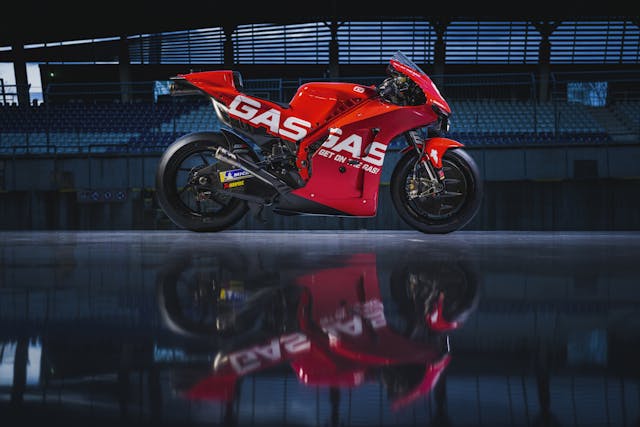
Intake: Spanish motorcycle brand GasGas has announced that after a few years in Moto3 and Moto2 it will be joining the highest echelon of motorcycle road racing by fielding two entries in the MotoGP paddock for the 2023 season. Seasoned MotoGP rider Pol Espargaro has been the first rider to join the team and a second will be announced in the near future. With established Moto2 riders waiting, it is unclear whether GasGas will elevate a current rider or hire a current MotoGP rider away from another team.
Exhaust: This is an interesting move for a brand that only traces back to 1980s and spent its years solely focused on the trials market. If there was ever an antithesis to trial competition, it’s MotoGP. GasGas’ recent ownership change makes the move even more remarkable: KTM has been battling in this top series for a few years now and now that the Austrian brand has acquired Spanish GasGas, we’re surprised to see the two marques in competition against each other. Could the “red KTM” find itself atop the podium next season? We’d love to see it.
Bank Australia will no longer offer loans to buy fossil fuel vehicles
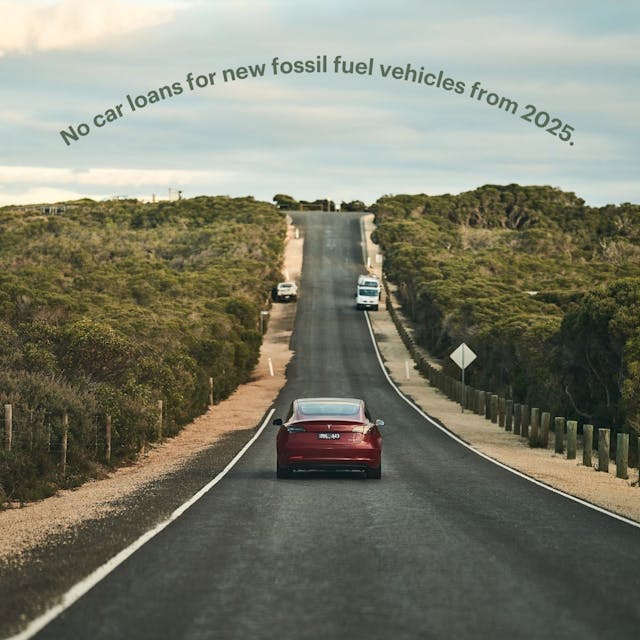
Intake: Bank Australia has announced that it will no longer offer loans to purchase new fossil-fueled cars beginning in 2025. According to multiple media sources, the customer-owned bank believes the move will encourage more people to buy electric vehicles. The announcement came at a national EV summit. “If you’re considering buying a new car,” says Sasha Courville, Bank Australia’s chief impact officer, “you should think seriously about an electric vehicle, both for its impact on the climate and for its lifetime cost savings.” However, recognizing that not every potential car buyer can afford to buy an EV—even if they started saving now, three years out—Courville says the bank will continue to fund loans for second-hand cars with internal combustion engines.
Exhaust: While many media outlets applauded the move, it’s important to consider the overall impact of Bank Australia’s decision. According to a 2021 report, Bank Australia has assets of $8.5 billion, compared to the $1.014 trillion in assets of the largest bank in Australia, Commonwealth Bank. In other words, its announcement is more symbolic than anything, at this point. (Unlike many other countries, Australia hasn’t even enacted a national EV plan yet). This seems like a good time to repeat: “Can’t we all just get along?” If you want to pay up to drive an EV, good for you. If you can’t afford the BEVs currently on the market, shouldn’t you be allowed to stick with what you can afford?

